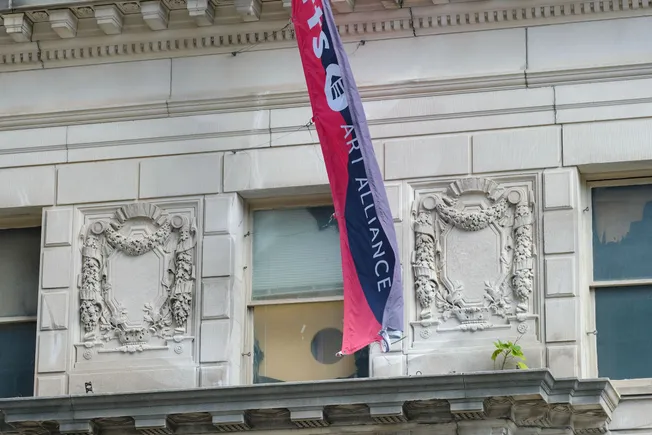BRUSSELS: Irish voters picked up the baton on day two of marathon EU elections on Friday (Jun 7), after the Netherlands kicked off the ballot with a strong showing by the far right.
Ireland’s 37-year-old prime minister Simon Harris voted near his home in the village of Delgany south of Dublin just after polls opened at 7am, before a whistlestop tour to canvass for both local and European Parliament elections.
“I admire his energy, although I don’t vote for his party,” said Keith O’Reilly, a 41 year-old IT worker, on his way out of the polling station.
“They’re getting so many things wrong, the migration issue for one thing,” he told AFP.
For the first time in an Irish EU vote, many candidates are running on an anti-immigration platform, either as independents or for fringe nationalist parties.
Polls in the Czech Republic were to open later at 1000 GMT, ahead of Sunday’s main election day when most of the European Union’s 27 nations – including powerhouses Germany and France – will vote.
Exit polls after the vote in the Netherlands showed the Freedom Party (PVV) of anti-immigration Dutch eurosceptic Geert Wilders getting a boost in the incoming EU legislature, in second place with seven seats.
Polls have pointed to a string of gains for the far-right across the bloc – up to a quarter of the EU’s 720 parliament seats.
But the tight Dutch result – in which Frans Timmermans’ Green-left alliance looked set for first place – might provide some comfort for centrists hoping to maintain their majority.
That was the early assessment of Eurasia Group’s managing director Mujtaba Rahman.
“There’ll be lots of noise over next few days about the far right surge in EU. The reality is more boring,” he wrote on X, predicting that “the centre will largely hold”.





















Discussion about this post